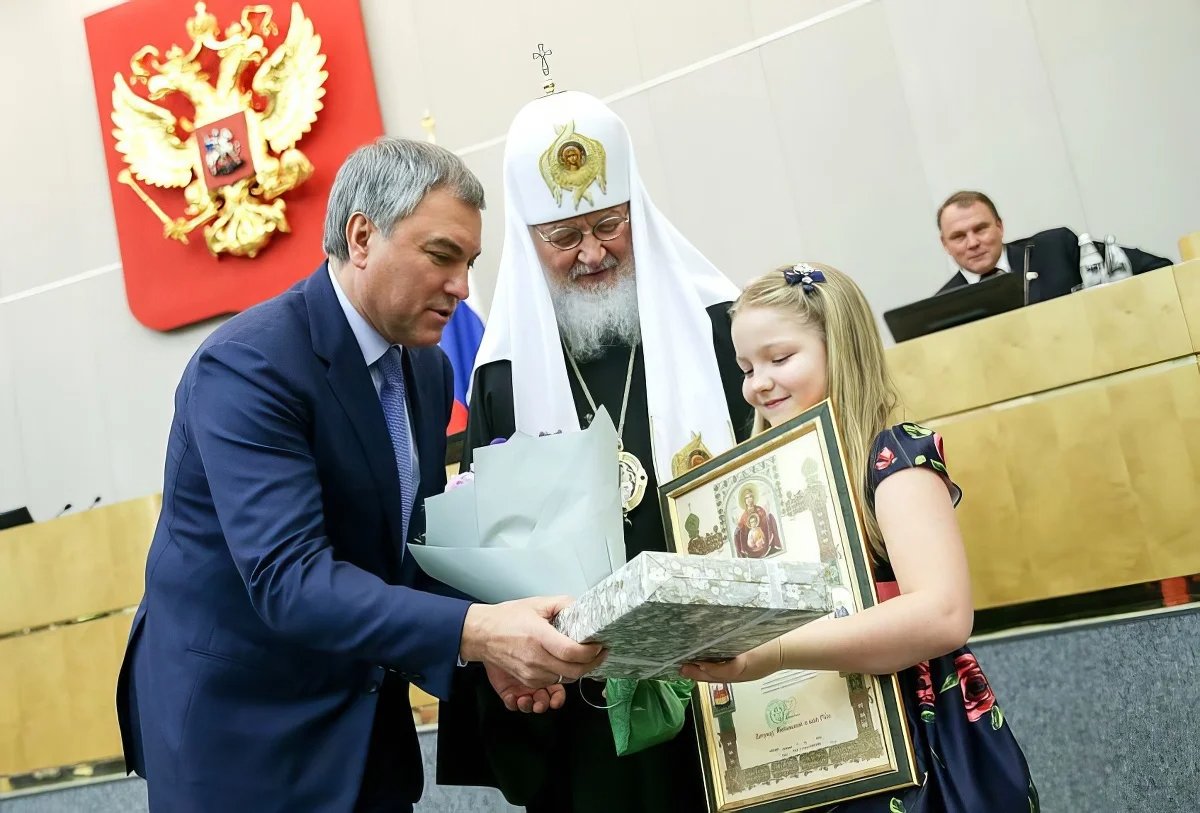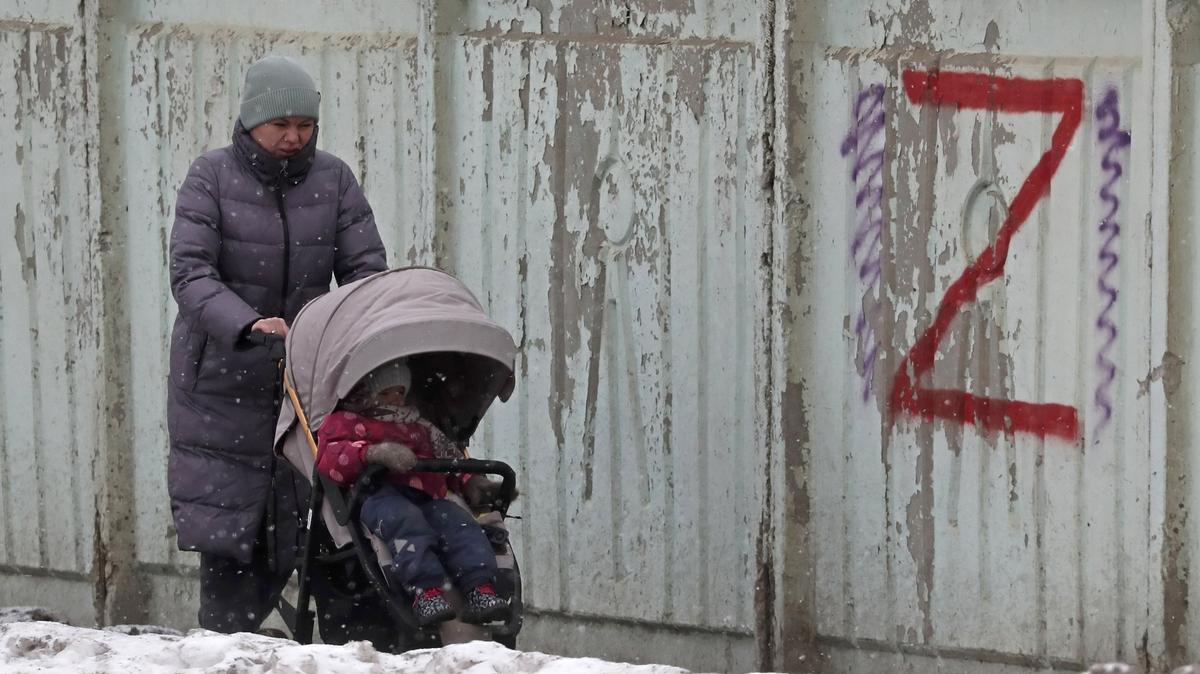The head of annexed Crimea’s Health Ministry, Konstantin Skorupsky, announced on 9 November that all private clinics on the Black Sea peninsula would stop providing abortions except when medically necessary.
He said the region’s private clinics “voluntarily” decided to make this change following a proposal he made along with other regional authorities. Now women who want an abortion will have to go to state clinics, where doctors are likely to try to dissuade them from having the procedure.
Both doctors and researchers say that complicating the process for getting an abortion will increase the bureaucratic hurdles women will need to negotiate without reducing the overall number of terminated pregnancies.
News of the decision made by private clinics didn’t go unnoticed by residents of Crimea. Less than a day after the announcement, a local TV channel broadcast a statement by Dmitry Beglitse, a gynaecologist at the regional health ministry, in which he urged people not to be concerned.
Emphasising repeatedly that private clinics would continue to give abortions when medically necessary, Beglitse insisted that the questionnaires and persuasion techniques used by state clinics were more effective ways to discourage abortions, claiming that around 20% of women change their minds after hearing about the potential consequences of an abortion.
In practice, this means that now it will be impossible for women to have medically unwarranted abortions without abiding by the extensive bureaucratic protocol of state clinics.
This increases the risk that women who want abortions could miss the 12-week cutoff in effect throughout Russia.
A gynaecologist from Simferopol who works in a private clinic told Novaya Europe that the move wasn’t a surprise. Many gynaecologists in Crimea are against abortions, she said, and were referring their patients to state clinics even before the ban.
The decision will have financial consequences for private clinics, the doctor said, but she herself supports the decision to refuse medically unwarranted abortions. “In state clinics, the woman is referred to a psychologist and given time to think, [before] she decides … so the procedure is much more thorough.”
‘The abortion capital of Crimea’
This opinion is not shared by all doctors, however, and even less so by patients. A student from Sevastopol who asked not to be named said she had been horrified to hear the news that private clinics would no longer perform abortions, and said she was glad she had been able to terminate her pregnancy shortly beforehand. She said that even in private clinics it was never straightforward to get an abortion and that you had to look for a sympathetic doctor.
The private clinic she went to took the entire procedure with the pre-abortion consultation, tests, and memos very seriously, she recalled.

Photo: Svetlana Repnitskaya / Getty Image
“It was a three-step process,” she told Novaya Europe. “The first one was just a conversation. They asked me about my situation and made sure that nobody had been pressuring me. They inquired why I didn’t want a child. The doctor said that it was better not to terminate a first pregnancy to avoid health problems in the future. I said that I was sure of my decision."
The doctor then asked for some tests and a medical note from a psychiatrist stating that she was sane and legally competent. “I went to the psychiatric ward, got the report, and had all the tests taken. Then, while I was waiting for the test results, came the ‘week of silence’, in which you think about your final decision.”
While she conceded that “nobody deliberately drew out the procedure or strongly protested or anything”, she did stress that the procedure is not always carried out in such a hassle-free and timely manner. One friend of hers who had gone to a state clinic to terminate her pregnancy, for instance, was unable to get her abortion in time.
A legal loophole may, for now at least, provide some breathing space for women keen to exercise their bodily autonomy in the occupied Ukrainian region. The decision made by private clinics in Crimea doesn’t extend to those in the Crimean city of Sevastopol, which has a separate legal status as a city of federal importance. This may result in Sevastopol becoming the abortion capital of Crimea, as international studies have shown that making it more difficult to terminate a pregnancy does not lead to a decrease in demand for the procedure. The Krasnodar region, which is close to northeastern Crimea, may also experience an influx of women wanting an abortion — unless, of course, its clinics follow the Crimean example.
The patriarchy speaks
Crimea is not the only region where Russian authorities are attempting to make abortions less accessible. On 3 August, the Republic of Mordovia in central Russia adopted a vaguely worded law banning the “promotion” of abortion.
Anyone found to have “persuaded” a woman to have an abortion face fines of between 5,000 rubles (€51) for ordinary citizens to 200,000 rubles (€2,060) for legal entities, and can be used to punish a woman’s family members or others on whom she is “financially or otherwise dependent”, though the law does not penalise informing women about terminating pregnancies on medical grounds.
A similar law was adopted on 2 November in western Russia’s Tver region, while on 17 October a similar bill was introduced to the parliament of central Russia’s Tambov region. On 10 November, one day after the Crimean clinics’ decision, four out of five clinics in the Kursk region that have licences to terminate pregnancies announced that they would stop providing abortion pills. In September, about a third of private clinics in Tatarstan in Russia’s Volga region, stopped performing abortions after Irina Volynets, the regional children’s rights commissioner, appealed to the local health ministry and to the head of Tatarstan.
On 13 November, Patriarch Kirill, head of the Russian Orthodox Church, once again voiced his support for greater restriction on abortion during his speech at a Russian Orthodox Church Congress. Five days earlier, Kirill sent a letter to Vyacheslav Volodin, speaker of the State Duma, Russia’s lower house of parliament, in which he argued for increased restrictions on private clinics performing abortions. BBC News Russian, which obtained a copy of the letter, quoted Kirill as saying that private clinics often didn’t put in sufficient effort to dissuade patients from having the procedure.

State Duma Speaker Vyacheslav Volodin (L) with Patriarch Kirill. Photo: duma.gov.ru
Moreover, the Russian Parliament’s Committee on Healthcare hosted a roundtable event on 27 October where speakers discussed ways to restrict access to abortion. Proposals included forcing married women to obtain their spouse’s consent, transferring all medical abortions to state clinics, and reducing the time cap from 12 to 8 weeks (with exceptions for certain cases such as rape). On the federal level, these are only ideas that are being floated, but they are rapidly trickling down into regional legislation.
A major contributor to this discussion is the Women for Life Foundation, which positions itself as an organisation that helps mothers and children. “We strive to support women faced with a reproductive choice and promote pro-life ideas through all available channels,” the organisation’s website says.
Women for Life takes pride in Mordovia’s anti-abortion law, passed at the suggestion of the organisation’s founder, Natalia Moskvitina. For the past seven years, Women for Life has consistently lobbied to make access to abortion more difficult — their efforts have been detailed in an investigation by the Feminist Anti-War Resistance.
The foundation, which pushes for the transfer of abortion from private to state clinics, also has support in the Kremlin, as Moskvitina herself reported on social media, adding that President Vladimir Putin called her project one of “the best to date”.
Join us in rebuilding Novaya Gazeta Europe
The Russian government has banned independent media. We were forced to leave our country in order to keep doing our job, telling our readers about what is going on Russia, Ukraine and Europe.
We will continue fighting against warfare and dictatorship. We believe that freedom of speech is the most efficient antidote against tyranny. Support us financially to help us fight for peace and freedom.
By clicking the Support button, you agree to the processing of your personal data.
To cancel a regular donation, please write to [email protected]

